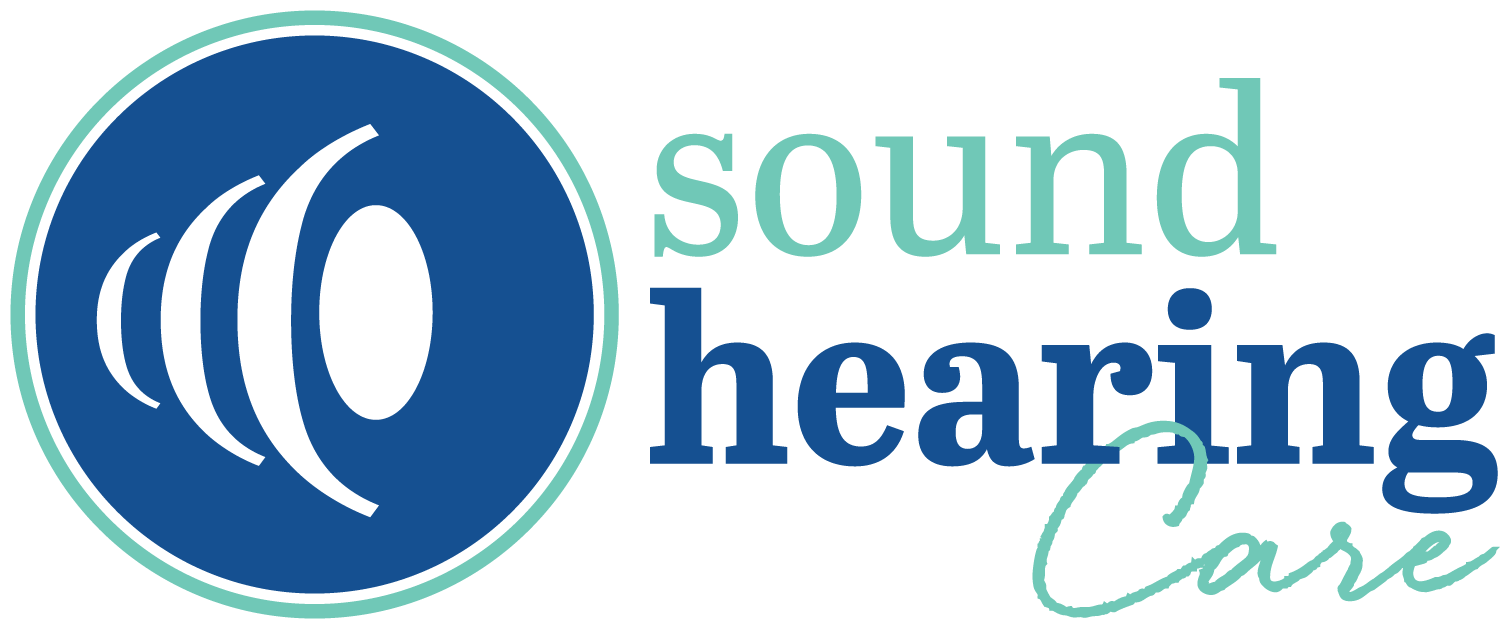All About the Newborn Hearing Screening
In the United States, newborn babies receive a hearing screening while still in the hospital. The main reason for this test after birth is to ensure hearing loss in infants is detected early so it can be treated early. If your newborn doesn’t pass the hearing screening, it’s essential to consult your pediatrician to find out the next steps to take. Most likely, your pediatrician will recommend taking your newborn to see a pediatric hearing care specialist. If you do need to meet with a hearing care specialist, additional tests will be conducted to determine what kind of hearing loss your newborn has.
Why is a newborn hearing screening important?
Your baby’s development in the first year is crucial to their development as a toddler and as they grow as a child, which is why it is essential to learn about your baby’s hearing early on. Language begins to develop during the first couple of years of a child’s life, and children learn to speak by mimicking their parents, grandparents, siblings, and teachers. If a baby has an unknown hearing impairment, then language development will not progress. Children who receive treatment for hearing impairment or learn American Sign Language (ASL) early on in life will be far more successful as they grow.
How does a newborn hearing screening work?
While it can be concerning watching your baby cry during a routine medical procedure, newborn hearing screenings are safe and comfortable, and it only takes a few minutes. Most infants even sleep through the entire process!
Most newborns have one or both tests described below:
Otoacoustic emissions (OAE): This test measures the response your baby gives to the sounds your baby hears through an earphone and microphone placed in the ear. If your baby hearing in normal, the microphone will hear an echo in the ear canal from the sounds emitted through the earphone. If your baby has any type of hearing loss, there will be no echo recorded. This test is done on each ear, and a passing result confirms that your baby’s inner ears are receiving sounds.
Auditory brainstem response (ABR): This test measures the auditory nerve and how it responds to sounds through small electrodes that are placed on your baby’s head. This is a complete screening of the auditory system, and the test is performed on each ear. A passing result confirms that your baby’s brain is receiving the sounds heard.
The hospital will determine which tests are used based on costs and whether your baby needs both tests.
What if my baby failed the hearing screening?
Some newborns fail the first hearing screening due to fluid still in the ear after birth. If your newborn failed the hearing test, follow-up with your pediatrician, and contact a pediatric hearing care specialist. Most of the time, newborns will pass the second test once the fluid has cleared from the inner ear. If your infant doesn’t pass the hearing screening the second time, then the pediatric hearing care specialist will discuss the next steps with you.
If you have concerns that your child is having hearing problems, contact Sound Hearing Care at 864-881-1663 to schedule a curbside or in-office. We have four convenient locations in Simpsonville, Greer, Travelers Rest, and Greenville.




